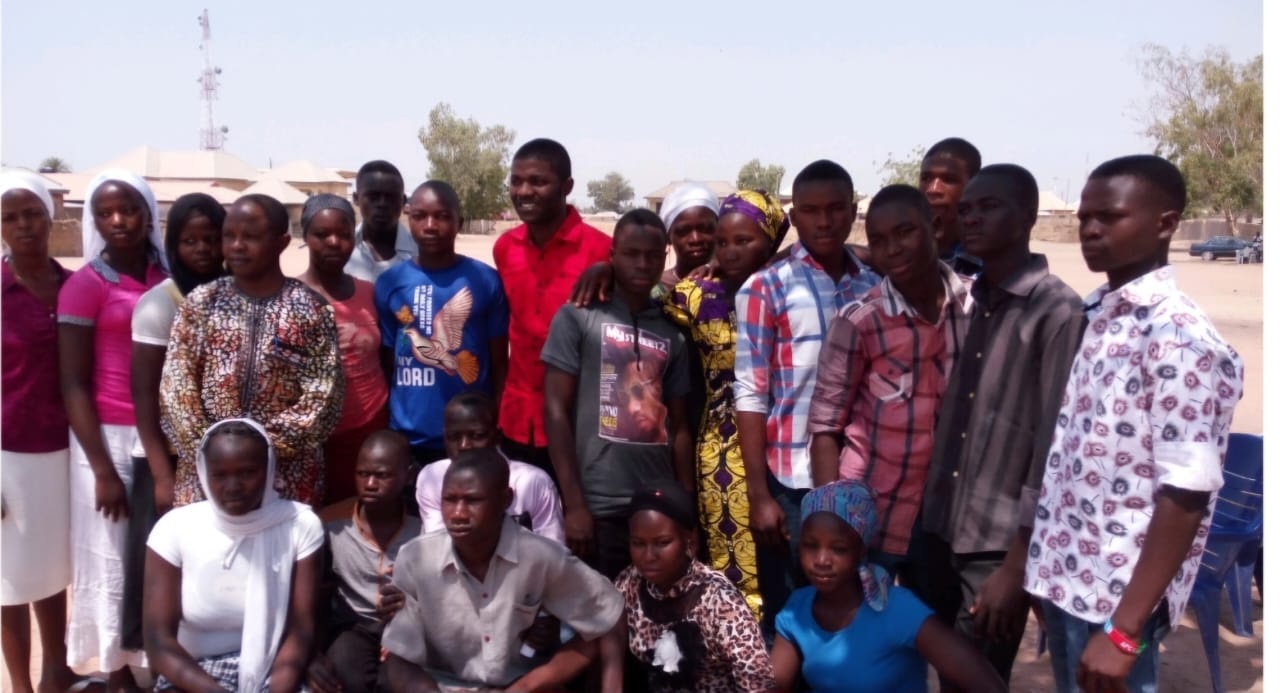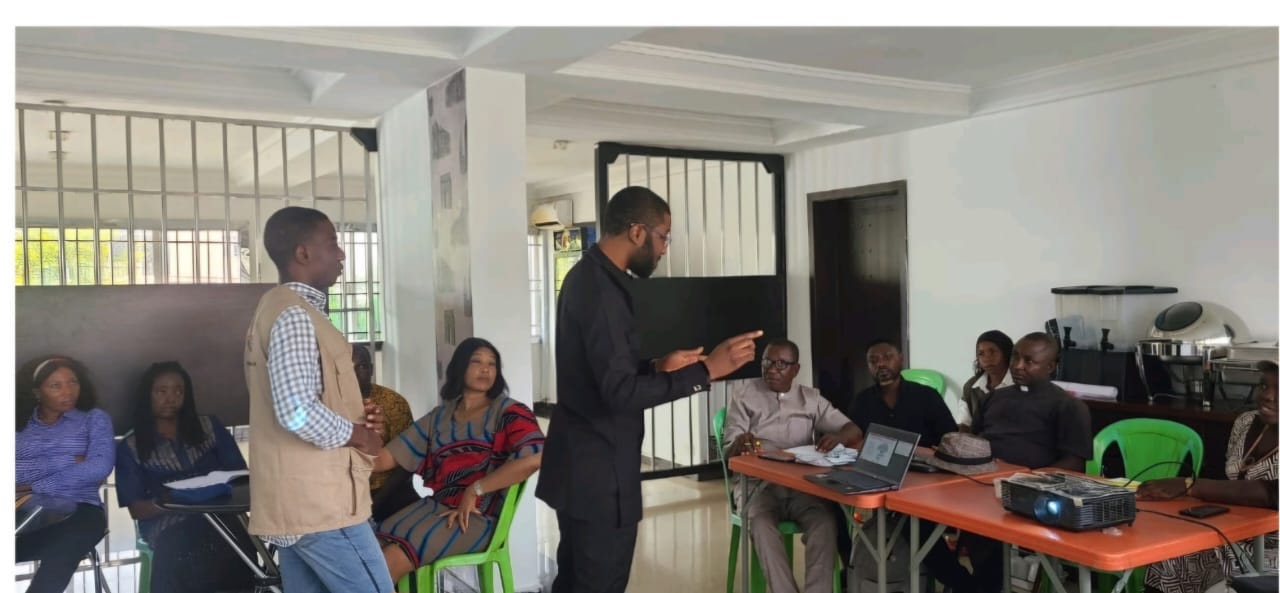
In a region where humanitarian challenges are often compounded by insecurity, poverty, and weak infrastructure, Nigerian development specialist Dr. Michael Ibe is breaking new ground by merging technology with emergency response and project management.
Over the past decade, Dr. Ibe has led multiple innovations aimed at transforming how aid is delivered, monitored, and scaled in West Africa.
From pioneering the use of e-wallets for cash transfers to the creation of online platforms for training, reporting, and project monitoring, his work has influenced the wellbeing of more than 12.5 million direct and indirect beneficiaries.

Technology Meets Humanitarian Response
Working with IT engineers Benedict Asiegbu and Henry Isibor, Dr. Ibe co-designed a homegrown digital platform between 2018 and 2025 that enables project managers to collect and analyze data, track progress, and generate reports from anywhere in the world.
In 2017, he introduced a cash distribution strategy using e-wallets at a time when manual cash transfers in Nigeria’s Northeast were plagued by risks, corruption, and inefficiency.
The innovation not only ensured secure transfers but also promoted financial inclusion by giving beneficiaries a traceable digital footprint.
Currently, Dr. Ibe is leading the development of CaRMIS, an online platform that combines partner training, project monitoring, and mentorship support.
The system is being positioned as a one-stop resource for humanitarian organizations including Caritas Nigeria, Caritas Internationalis, UN agencies, and the International Committee of the Red Cross (ICRC).
Driving Impact Across Sectors
Dr. Ibe has spearheaded numerous projects funded by global partners such as the German Foreign Office, UNICEF, UNHCR, FAO, ECHO, Caritas Internationalis, and the Australian Government. These initiatives span food security, agriculture, water and sanitation (WaSH), nutrition, livelihoods, education, and emergency response.
Highlights of his work include:
Oversight of solar-enabled boreholes and handpumps in Yobe State to improve WaSH services, distribution of agricultural inputs to vulnerable farmers across Borno, Adamawa, and Taraba States.
Others are establishment of Savings and Internal Lending Communities (SILC) to support indigent women in rural areas, deployment of emergency food and non-food aid to refugees in Cross River State during the Ambazonian conflict and school rehabilitation projects in the Northeast, supported by Union Bank Nigeria, to aid children affected by Boko Haram insurgency.
Through these programs, communities affected by conflict, displacement, and climate-related shocks have received critical support while building resilience for long-term recovery.
Recognition of Leadership
During a recent National Food Security Sector meeting at the FAO office in Abuja, Leslie Odongkara, the sector’s national coordinator, described Dr. Ibe as being among the “top one percent of experts driving the Humanitarian-Development-Peace nexus.”
Odongkara credited his success to a combination of research, innovation, and leadership, noting that Dr. Ibe’s work has set a new benchmark for coordinated, technology-driven humanitarian action in Nigeria and beyond.
A Vision for the Future
Looking ahead, Dr. Ibe aims to scale up CaRMIS to support at least 60 local organizations, equipping them for locally led humanitarian responses. By integrating technology with inclusive, community-driven approaches, he envisions a future where aid is more efficient, transparent, and sustainable.
“Our goal is to make humanitarian work easier, faster, and more accountable,” Dr. Ibe said. “By leveraging technology, we can ensure that support reaches those who need it most, in a way that is dignified and impactful.”
WATCH TOP VIDEOS FROM NIGERIAN TRIBUNE TV
- Let’s Talk About SELF-AWARENESS
- Is Your Confidence Mistaken for Pride? Let’s talk about it
- Is Etiquette About Perfection…Or Just Not Being Rude?
- Top Psychologist Reveal 3 Signs You’re Struggling With Imposter Syndrome
- Do You Pick Up Work-Related Calls at Midnight or Never? Let’s Talk About Boundaries





